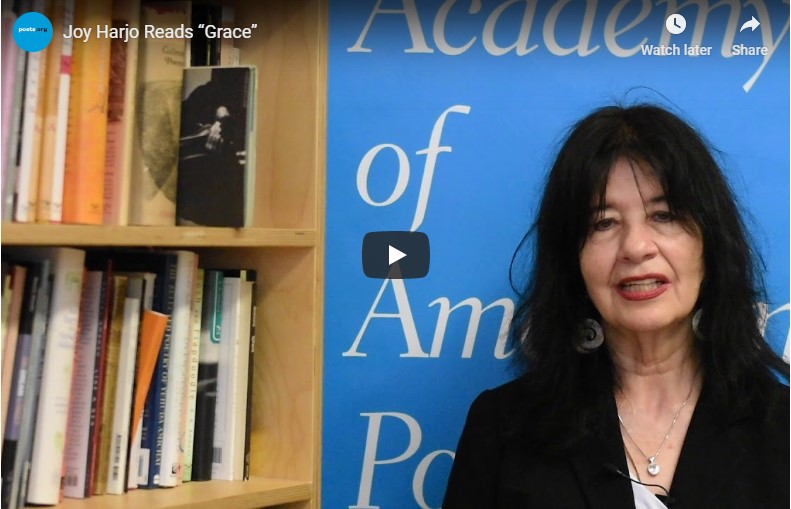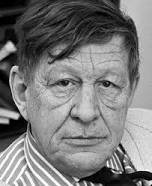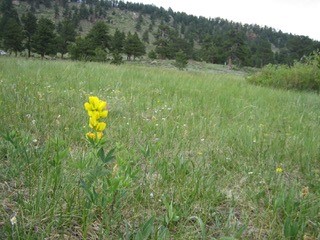Friday, August 6, 2019
Maria emailed this poem to the Poetry List in August 2018; I emailed back: this is a very strong poem; I would be willing to publish it as “anonymous.” Maria wrote me back; she would be happy to have it posted with her name giving her language deeper authority. Many readers responded; many more readers than is ordinary.
No strong poem is ordinary; Maria’s surely is not ordinary either. I am proud that the “Work Day in Hard Times” list has made a home for her strong language. Best to read the poem out loud, with pauses.
Have a blest weekend.
john sj
“But how can they believe me?
When sometimes I don’t even believe myself.
Maybe it’s time to be loud.”
Today’s Post – “Being Catholic”
I wear my faith quietly,
like a pebble in your pocket
Smooth and cold,
Comforting when you hold it tight in your hand.
But to be more honest,
I wear my faith secretly, cautious of who
to tell the truth because
I’m not sure how my circle
of liberal, leftists, almost
socialists would take it.
How could I, a feminist who uses reason,
logic, and kindness, follow a church
that doesn’t let women be leaders?
Follow a God
who believes LGBTQ loved ones will rot in hell?
follow an institution
that rapes children?
Stop.
I want to tell them that
that isn’t my church, isn’t my God.
My God lives in jails and detention centers,
in water bottles left in the desert,
and school teachers who work too much for too little.
My God is in parents who love their gay
and trans kids as reflections
of God’s own image.
My faith is the holiness of women, the life
in service for others.
My God is liberation.
She is the power of the storm
and the stillness of it when it’s over.
She is Brown laborers
rebuilding a city,
and the sweat of their foreheads
feeding their families.
But how can they believe me? When
sometimes I don’t even believe myself.
Maybe it’s time to be loud.
As loud as the annoying (and wrong) fetus
fanatics who are pro-life without
really being pro-living.
Maybe it’s time to let my faith breathe. Take
my pebble and let throw it
in the water.
Let it make ripples.
No.
Let it make a fucking tsunami.
p.s. Maria is the Southeast Michigan regional organizer for We the People Michigan. She immigrated to the U.S. from Mexico when she was nine years old and grew up Southwest Detroit and Dearborn. Maria has been fighting for immigrant justice for almost a decade, including grassroots organizing and political advocacy. She works closely with grassroots organizations to create alternative systems of immigrant-centered support and working to put people of color and women in positions of leadership. Maria graduated from the University of Detroit Mercy with a degree in English, and then went on to get a Masters of Social Work at the University of Michigan. On her free time Maria likes going for hikes, drinking expensive tea, and after reading Maria’s poem three or four times today, I came upon Karen Tumulty’s Washington Post column, “Why am I still a Catholic.”
















